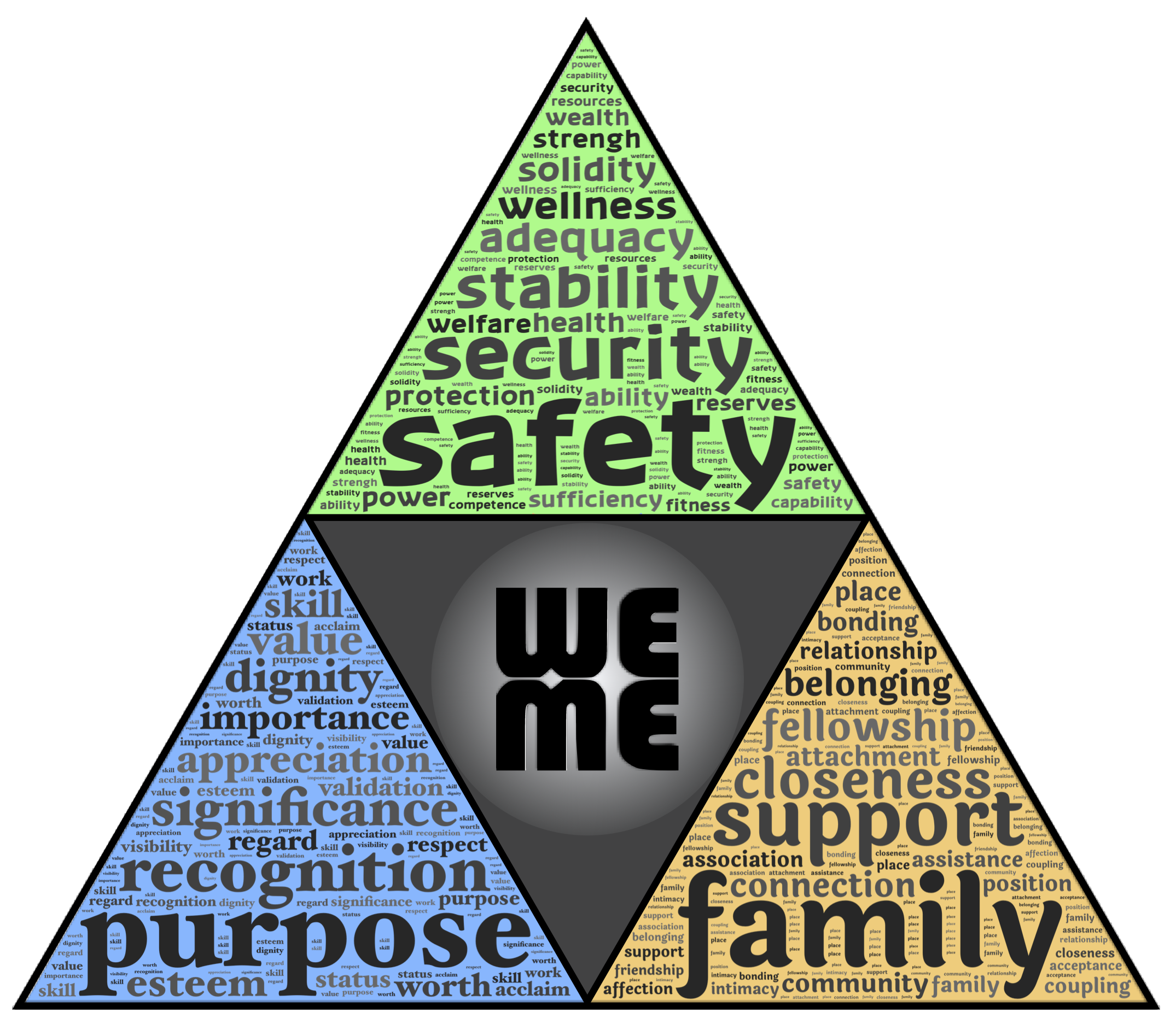
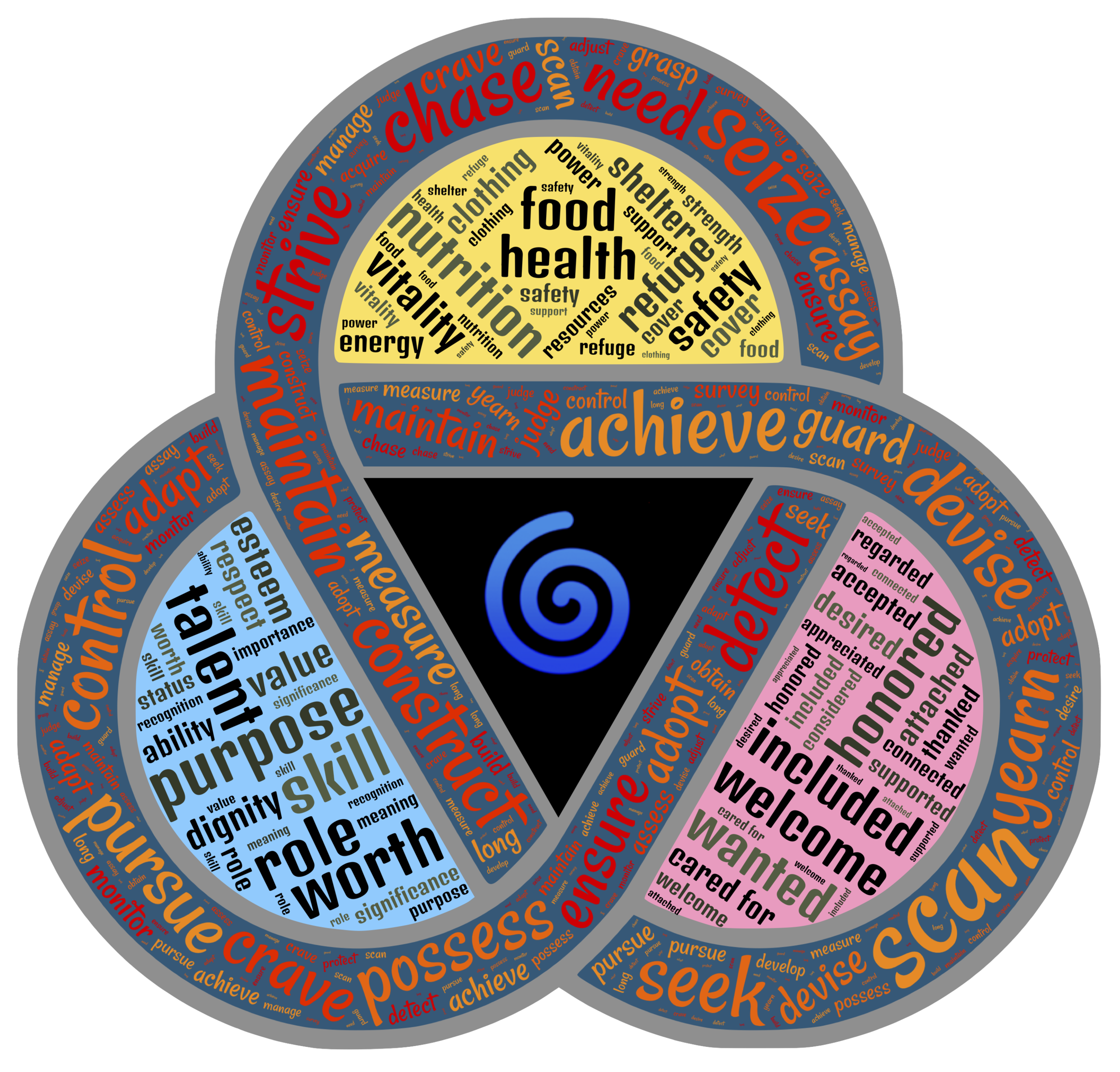
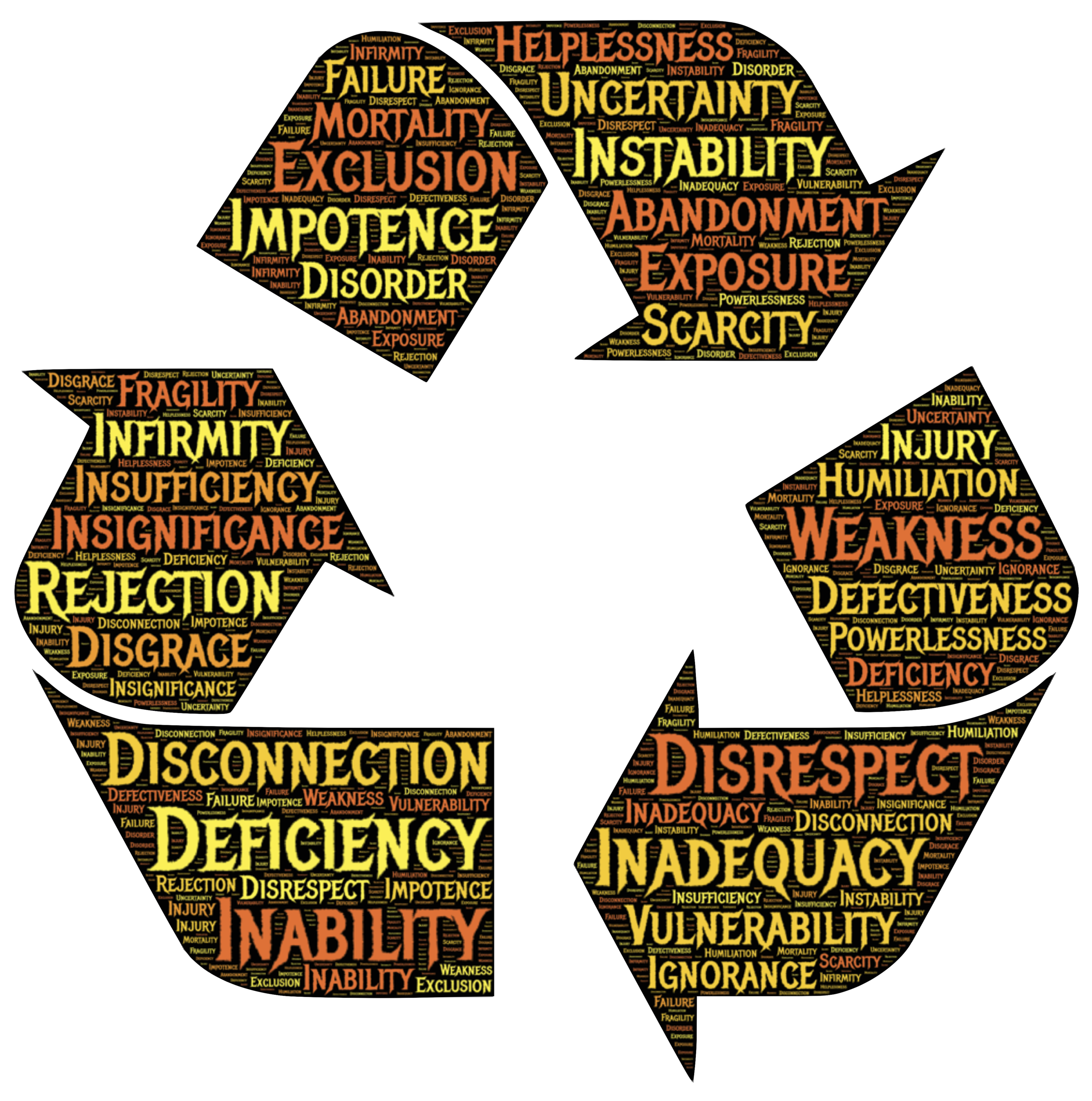
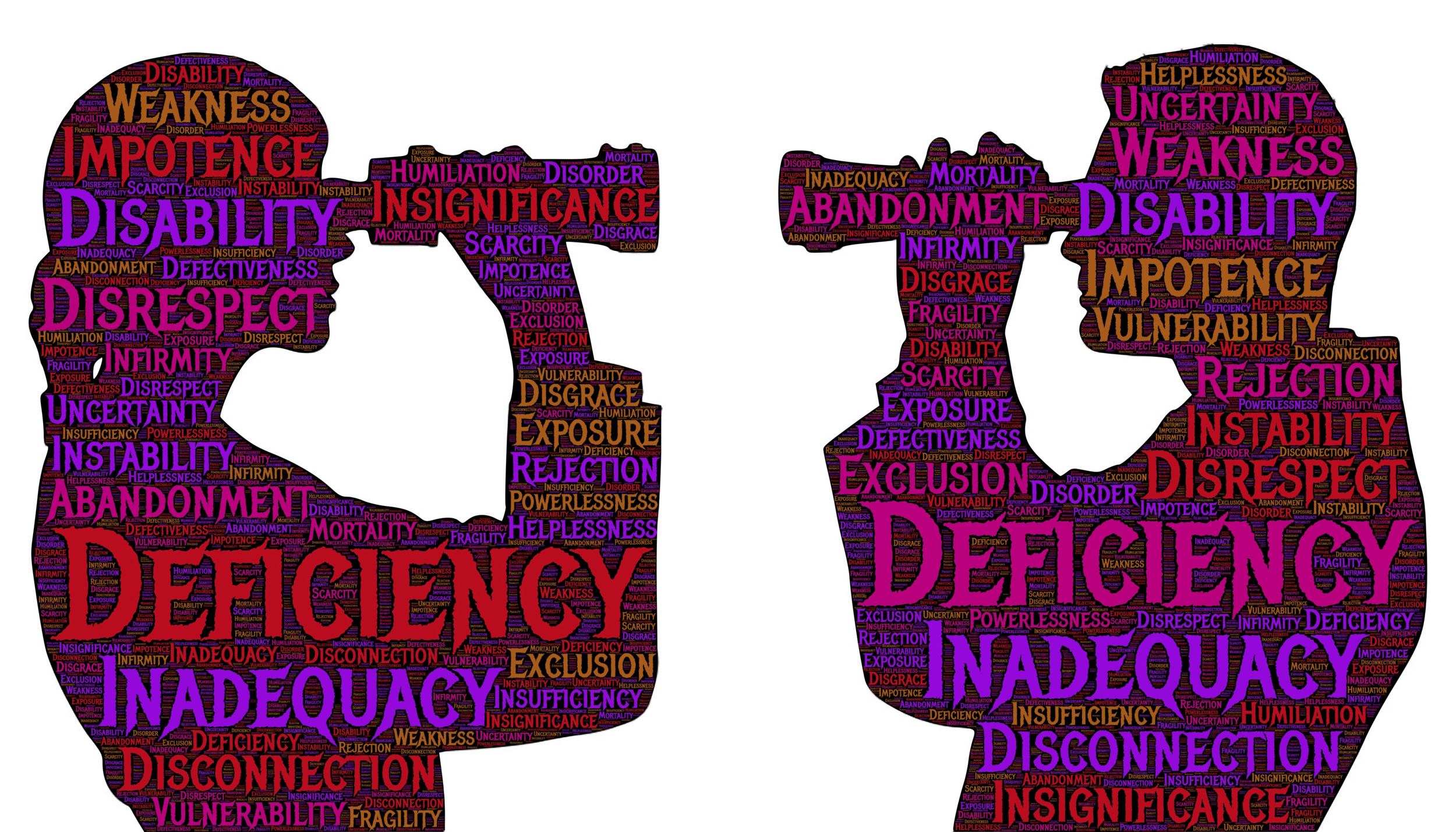
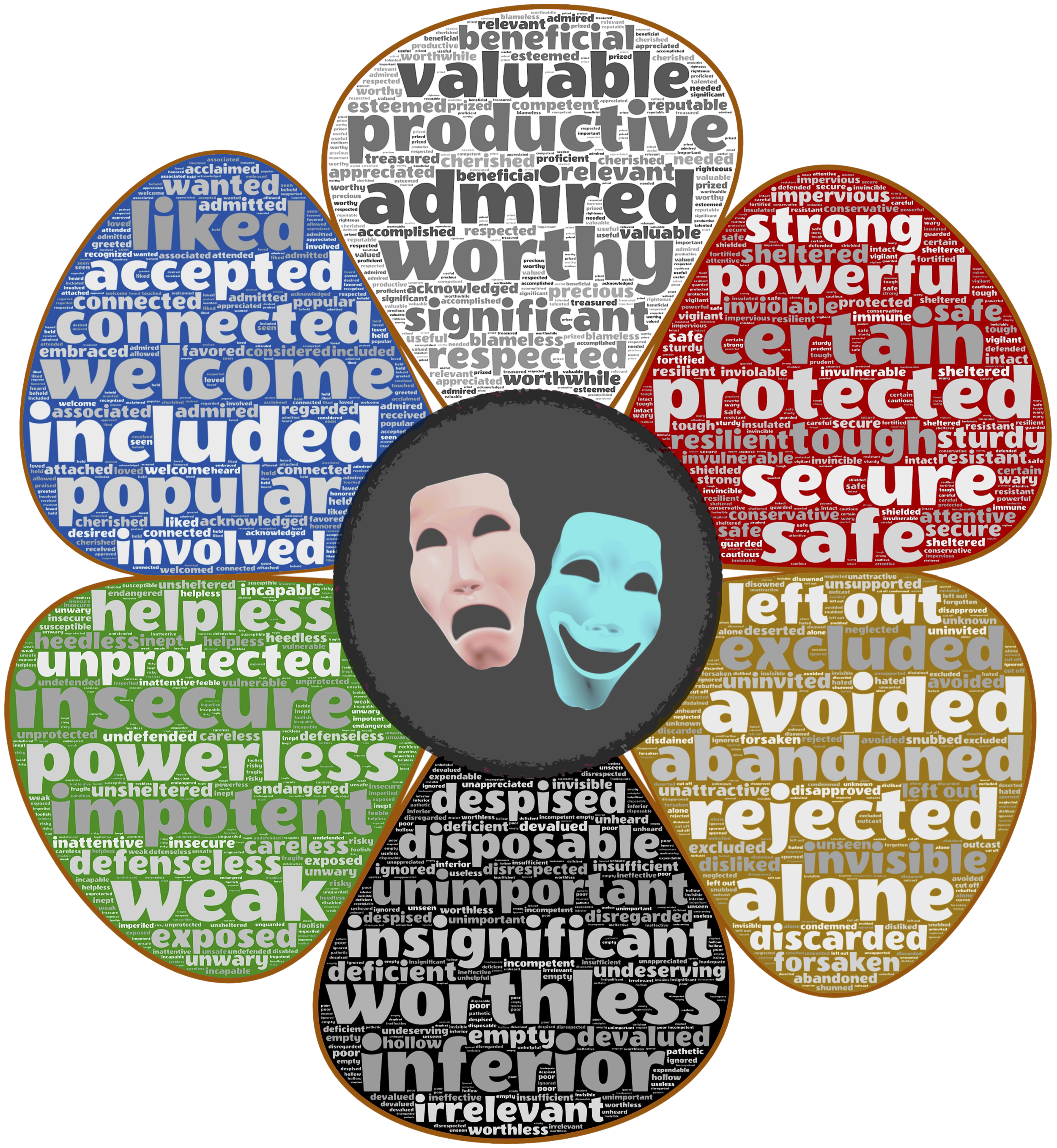

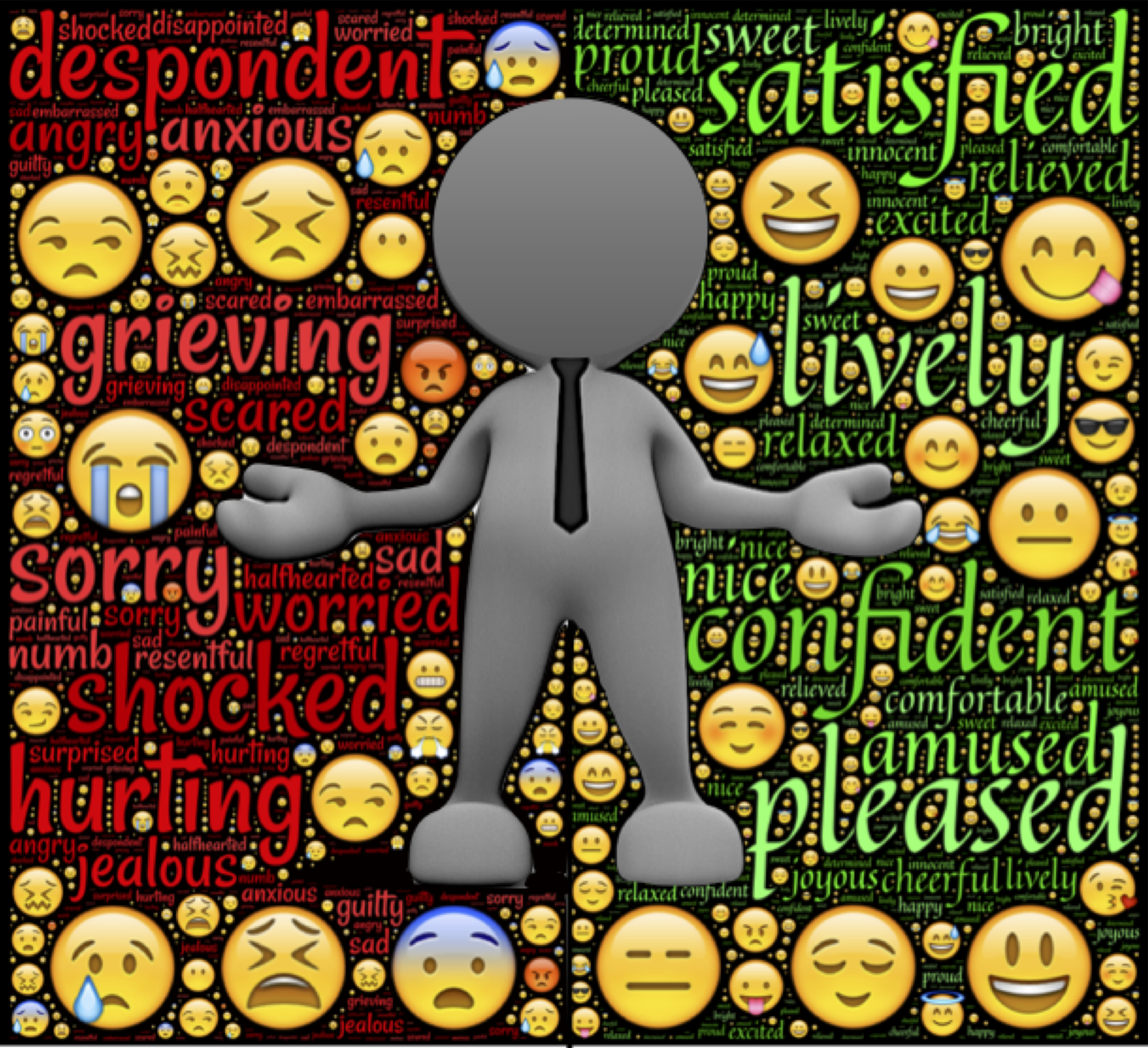
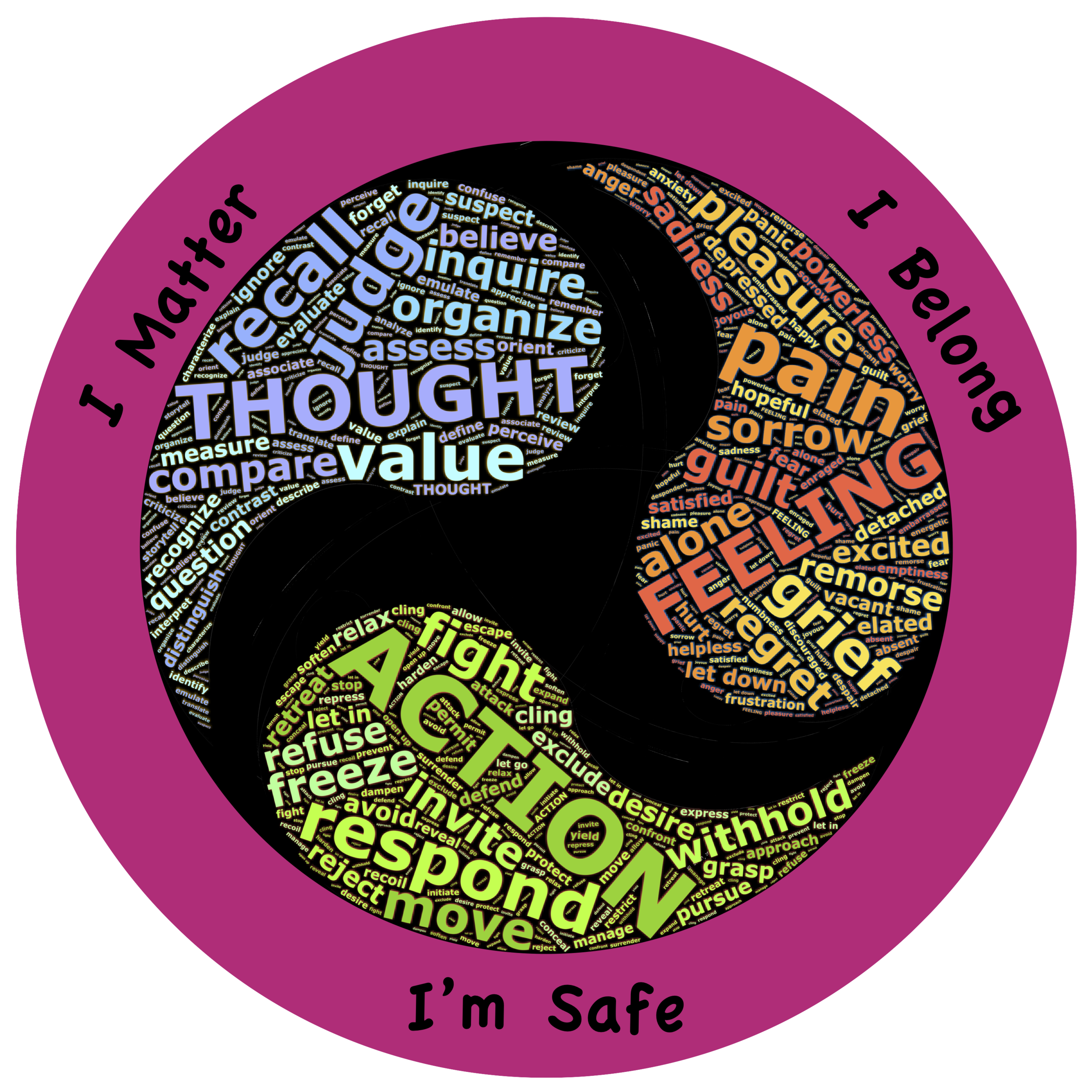
By design, we have 3 broad-based needs: to be physically safe (food, clothing, shelter, protection from harm), to have value or purpose (significance), and social connection with others (family and community). The human mind instinctively devotes enormous energy to monitoring and filling needs. Positive feelings of satisfaction, comfort, or pleasure are experienced by the body when needs are perceived as being met. To ensure survival the mind has a strong built-in insecurity (or negativity) bias to detect and address any threats. This fear-based, problem-focused, managing mindset often creates distrust and doubt, of ourselves and others.
With separate minds looking for problems and prone to dissatisfaction, individuals tend to relate to others by way of reflexive urges to look for and manage what’s wrong, thereby creating interpersonal conflict. If feelings alone are relied upon to guide our thoughts and actions, pursuing “good” ones (think “comfort”) and avoiding “bad” ones (think “discomfort”) creates the basis for many modern day addictions. Much suffering results from judging ourselves and our feelings in the course of life’s ups and downs.
Something else becomes possible when we sense all our thoughts, feelings, and actions without judgment. By consciously observing and accepting all feelings, as well as the thoughts and responses our minds attach to them, simply as they are, we are able to disengage from habits of unconsciously reacting to them.
By design, we have 3 broad-based needs: to be physically safe (food, clothing, shelter, protection from harm), to have value or purpose (significance), and social connection with others (family and community).
The human mind instinctively devotes enormous energy to monitoring and filling needs. Positive feelings of satisfaction, comfort, or pleasure are experienced by the body when needs are perceived as being met.
To ensure survival the mind has a strong built-in insecurity (or negativity) bias to detect and address any threats. This fear-based, problem-focused, managing mindset often creates distrust and doubt, of ourselves and others.
With separate minds looking for problems and prone to dissatisfaction, individuals tend to relate to others by way of reflexive urges to look for and manage what’s wrong, thereby creating interpersonal conflict.
If feelings alone are relied upon to guide our thoughts and actions, pursuing “good” ones (think “comfort”) and avoiding “bad” ones (think “discomfort”) creates the basis for many modern day addictions.
Much suffering results from judging ourselves and our feelings in the course of life’s ups and downs. Something else becomes possible when we sense all our thoughts, feelings, and actions without judgment.
By consciously observing and accepting all feelings, as well as the thoughts and responses our minds attach to them, simply as they are, we are able to disengage from habits of unconsciously reacting to them.
By stepping outside of the default operating system and affirming our security, value, and connection, we begin to experience life as the blessedness that it is.